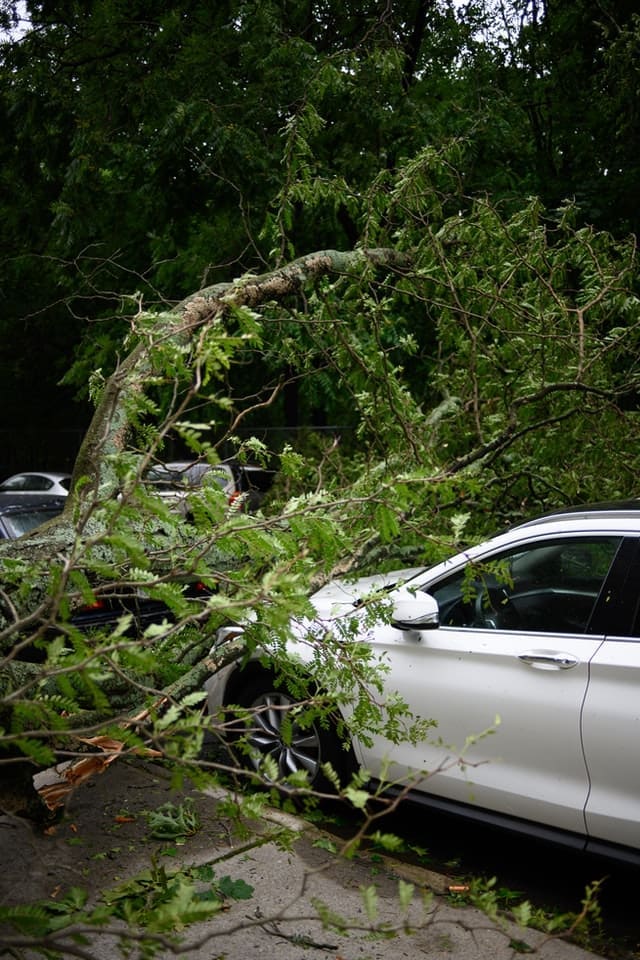Men who have families often need to learn how to conduct themselves a little differently than those who remain single. There’s nothing that says one way of life is better than the other. However, the reality is that men who have families have different responsibilities than those who live on their own.
A man with a family should know what insurance policies he needs to carry. If you try to live without some of the basics, such as life, health, homeowner’s, auto, or rental insurance, you may find yourself in trouble sooner rather than later.
In this article, we’ll talk about what a family man should know related to insurance claims. These claims can change your life in a lot of ways, depending on how they turn out.
When Should You File a Claim?
Learning how to control your claim is crucial once you start the process, but men with various insurance policies should first know when to file one. Essentially, you need to file a claim when something happens that makes this action necessary.
For instance, if you wreck your car, you will need to file a claim with your auto insurance company. If a storm damages your roof, your homeowner’s insurance may be able to cover the damages in some instances.

You can definitely file a claim with your insurance provider at any time, but there’s not much point in doing so if you know the claim is invalid. Before starting this process, look closely at your policy to try and determine whether it will cover whatever has occurred. If you’re unsure, you can also talk to an insurance broker who will know about every claim’s smallest details.
What Might Happen if the Insurance CompanyAccepts Your Claim?
As a family man, you’ll doubtless have financial responsibilities concerning your spouse or partner if you have one. Those responsibilities extend to your children if they are under eighteen and living under your roof. You might also have dependents who rely on you, such as older parents, aunts, uncles, cousins, or anyone else who happens to live with you.
If you have an insurance policy that covers something that happens, and you feel strongly the company will accept a claim if you make one, you should do so with as little delay as possible. The faster you begin this process, the sooner the company can get to work figuring out whether to pay you or not.
If the company sees your claim as valid and decides to pay you, that should be a huge relief. Depending on how much money you can get, you can replace a damaged vehicle, repair your home if a natural disaster has occurred, and so forth.
What About if the Company Denies Your Claim?
Again, as a family man, you probably have dependents. Maybe you feel certain that an insurance policy you have should cover a claim you make, but the insurance company feels differently about it. Perhaps they don’t see things your way, or they try to deny the claim because of a technicality.
You should understand that insurance companies are for-profit entities, so they will sometimes try to deny a claim if they feel like they can get away with it. If that happens, it can negatively impact your life, to put it mildly.
In fact, a claim an insurance company rejects because of some minor detail can devastate your existence in some instances. You may have to liquidate your savings or go into debt trying to pay for whatever bills you’ve accrued because of whatever happened.
What Legal Recourse Do You Have?
As a family man, you may have to take decisive action against an insurance company if they try to get away with not paying you for a claim you feel sure is valid. You might have to contact an attorney to see if they can help you. You may take the insurance company to court if you can pay the lawyer on a contingency basis.
Since you have a family, when things like this happen, you have to think about your dependents and yourself. There are more lives at stake than only your own.
In short, whether an insurance company accepts or rejects your claim can change your fortunes immensely. You’d hope that the insurance provider will do right by you and your dependents, but sometimes legal action against them becomes necessary if they’re non-cooperative.
Featured Photo by Patricia Prudente on Unsplash




